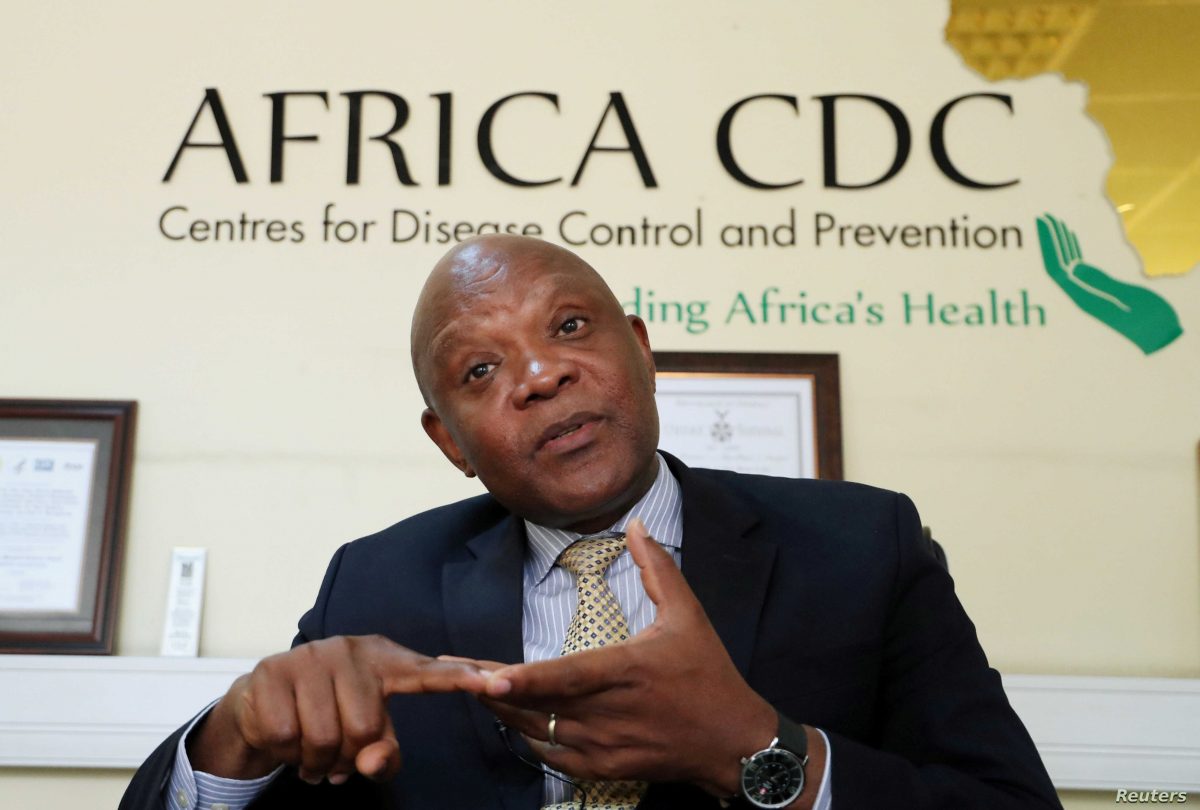By Own Correspondent
THE recent decision by African Union (AU) and the Africa Centres for Disease Control and Prevention (Africa CDC) to adopt the use of digital COVID-19 certificates for travellers will go a long way in saving lives and improving economies on the continent.
To ensure that the continent is not hit by a second wave of COVID-19 infections, the AU and the Africa CDC early this month approved new digital applications from Econet Wireless and PanaBios that will assist travellers to comply with COVID-19 travel protocols.
The applications – the Travel Pass and PanaBios platform – contain information about the latest travel restrictions and entry requirements, a database of authorised laboratories and vaccination compliance material.
In addition, the mobile-based, global health information applications are powered by secure blockchain technology, and also carry information about the Africa CDC mutual recognition protocol for COVID-19 testing, test results and vaccination certificates.
Health experts say the use of blockchain technology in the design of the Travel Pass was a crucial firewall embedded in the platform against counterfeit tests and fake test kits. Blockchain technology uses a digital ledger that, among other things, stores information in a secure way that makes it impossible to hack or to alter the record.
The use of Travel Pass also eliminates the need for travellers to take repeated tests so long as they are coming from a country that’s also signed up for the initiative.
This comes as the easing of travel restrictions has been hailed as vital for the success of an AU-led initiative to implement the world’s largest free-trade-zone, which is now due to start in 2021 following delays caused by the pandemic.
A full deal could cover a market of more than 1.2 billion people, with a combined gross domestic product of US$2.5 trillion.
Dr John Nkengasong, the Africa CDC director, however said while there’s need for Africa to open up its economies, the continent should not jeopardise lives by allowing cross-border movements too hastily.
“When we talk about easing the lockdown of economies and border crossings, it’s all about people. It’s about how easily we can facilitate the movement of people while at the same time ensuring critical public health measures are in place,” Dr Nkengasong recently said.
Although Africa has had fewer COVID-19 infections and deaths than most other continents, World Health Organization (WHO) Regional Director for Africa Dr Matshidiso Moeti said African member states should remain vigilant.
“The downward trend we have seen in Africa over the past two months is undoubtedly a positive development and speaks to the robust and decisive public health measures taken by governments across the region,” said Dr Moeti. This was after the International Monetary Fund had warned that African countries will need at least US$1,2 trillion to repair the economic damage inflicted by the deadly coronavirus pandemic, which has so far affected over 1,5 million and left over 33 000 people dead on the continent






